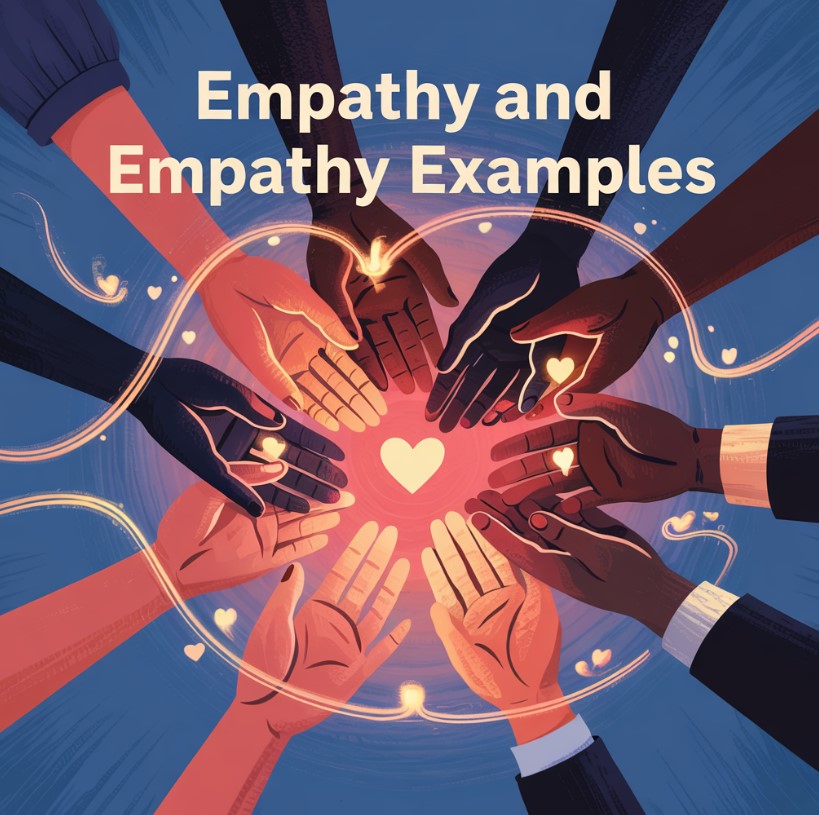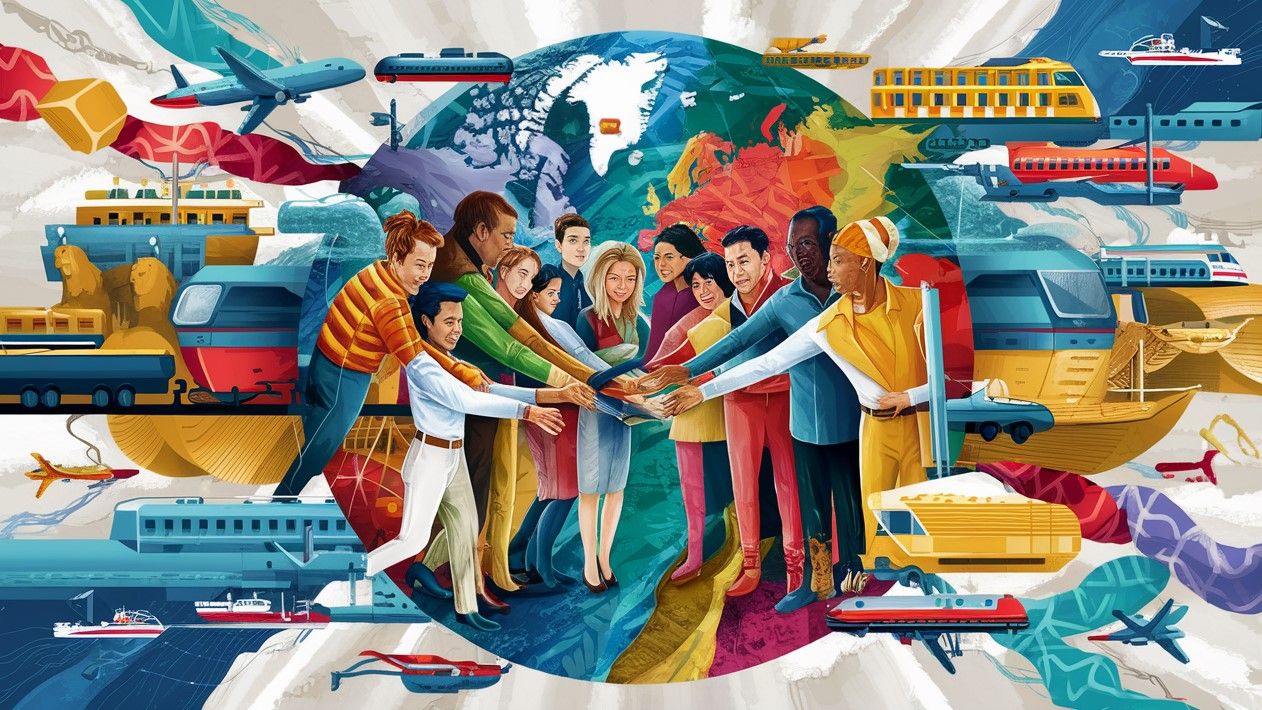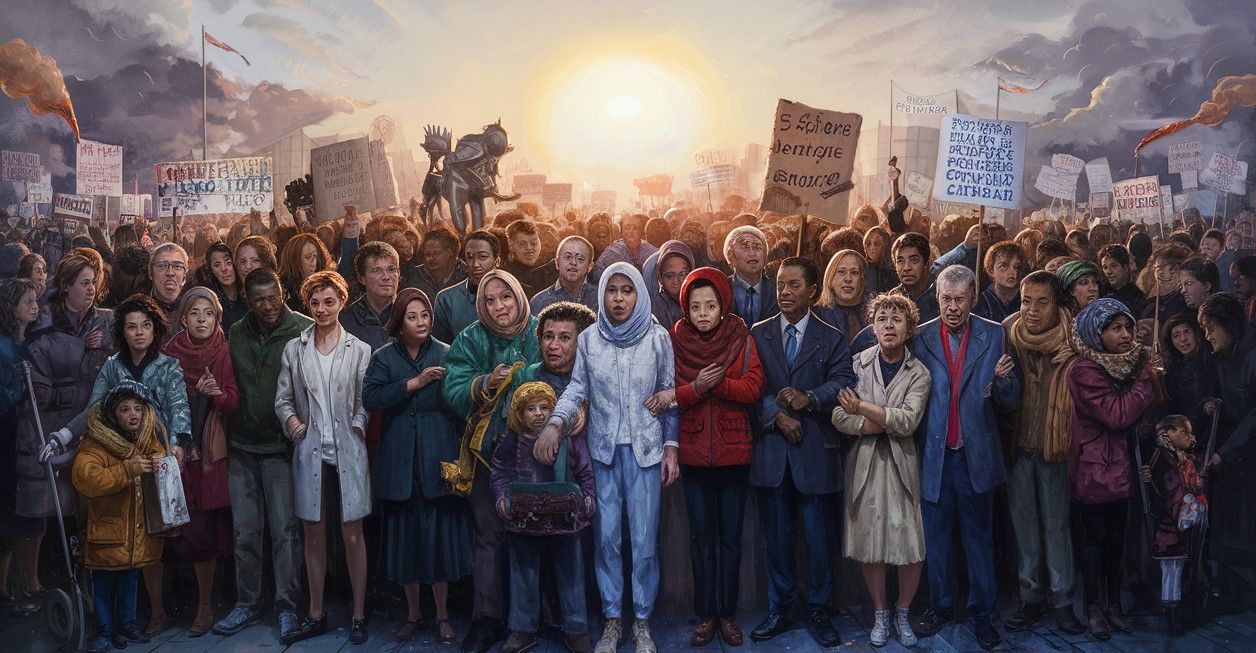Xenophobia – What it is, how it manifests and examples
This section describes xenophobia, including its definition, typical manifestations, and historical examples. Additionally, we examine the connections between xenophobia and racism, as well as discriminatory behaviors. Xenophobia fragments communities, encourages animosity and marginalization, and...












